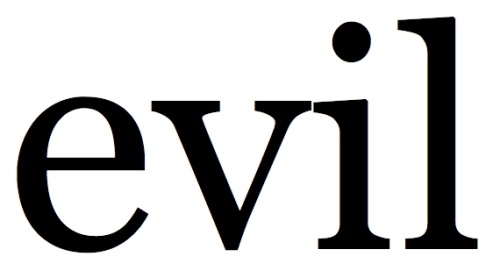 There is a sweetness in the writings of Dumitru Staniloae that draws me into the love of God. This precious Orthodox theologian opened the gift of relationships within time and space for me. I was struggling to understand the problems of the West and the modern world in the way we articulate and understand time and space when I first discovered Staniloae.
There is a sweetness in the writings of Dumitru Staniloae that draws me into the love of God. This precious Orthodox theologian opened the gift of relationships within time and space for me. I was struggling to understand the problems of the West and the modern world in the way we articulate and understand time and space when I first discovered Staniloae.
Instead giving me the answers, he caused me to raise more questions. And I am grateful for that holy stirring in my soul. Like Heschel, Staniloae suggests that the modern world tended to spacialize time and invert the proper order of time over space. When writing about time, Staniloae says that time is the interval between the offer of love and the reciprocation to that offer.
But maybe I better back up a moment. Staniloae introduced me to another aspect of Maximas the Confessor beyond the four hundreds texts on love. He develops the creational vision of Maximas in his writings. Staniloae suggests that when God chose to create humans (in his image), God created time and space as to planes where humans could move (in differing ways) towards love. Thus time and space provide a plane of motion for movement toward love in relationship with God and with other humans.
At first this may be a little difficult to wrap around, but I encourage to let it simmer in your thoughts and heart. It will unfold riches of the beauty of this creation. As a way of offering some glimpses into Staniloae’s writings, I am posting a segement from his little pamphlet “The Victory of the Cross.” This 20 page treasure opens in the riches of the cross in ways that most of us completely miss.
Here is the opening paragraph from this meditation on the cross of suffering in our lives:
The world is a gift of God, but the destiny of this gift is to unite man God who has given it. The intention of the gift is that it should be continually transcended. When we receive a gift from somebody we should look primarily towards the person who has given it and not keep our eyes fixed on the gift. But often the person who receives the gift becomes so attached to the gift that he forgets who has given it to him. But God demands an unconditional love from us for he is infinitely greater than any of the gifts which he gives us; just as at the human levels the person who gives us a gift is incomparably more important than the gift which he has given and should be loved for himself and ot only on account of his gift. In this way every gift requires a certain cross, and this cross is meant to show us that all these gifts are not the last and final reality. The cross consists in an alteration in thie gift, and sometimes even in its entire loss.
I am planning to put some notes on his themes on the cross soon, and I’ll post them. But I’ll pause now simply to say thank you for the gift of writing you gave. May I move beyond the gift to love God and others more fully.






